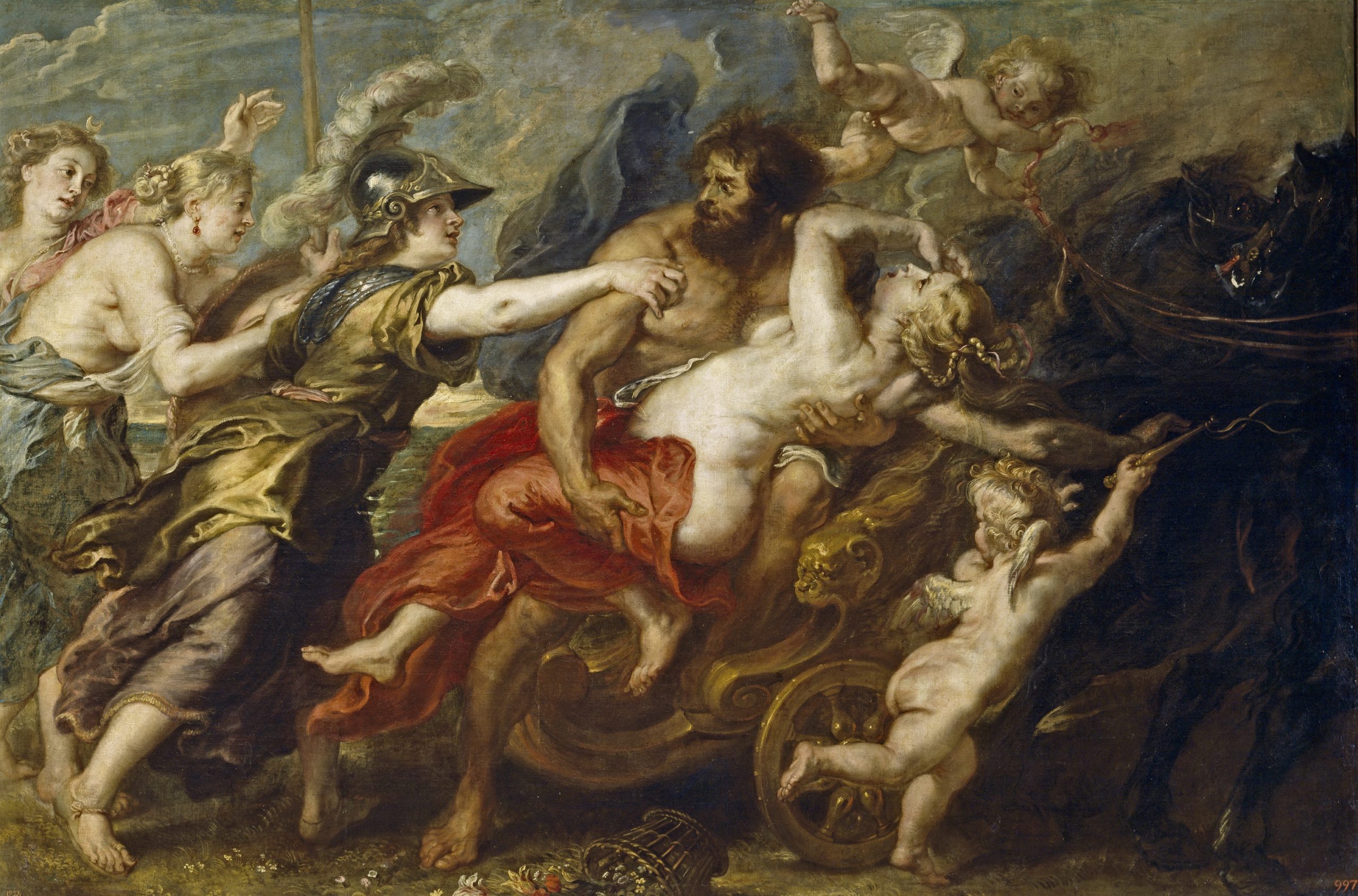The theme of the battle of the sexes is prominent in ancient mythology, reflecting a historical societal belief in male dominance. Male gods were often portrayed as strong and dominant, such as Greece’s Zeus and Hinduism’s Shiva. However, goddesses also rose up in mythology, challenging male power as beautiful, powerful beings with magical abilities and a connection to nature. The emergence of female deities led to battles for power and control in both physical and psychological forms. Ultimately, the portrayal of gods and goddesses became more nuanced, exploring the complexities of gender and power dynamics to provide insights into the human experience.
Gods vs. Goddesses: The Battle of the Sexes in Ancient Mythology
Ancient mythology is riddled with stories of powerful deities who have played a major role in shaping human civilization. From the Greek gods to the Hindu pantheon, these stories have captivated people for centuries. However, among the tales of the gods and goddesses, one particular theme stands out: the battle of the sexes.
Male Dominance in Mythology
The earliest stories in mythology reflect a societal belief in male dominance. Historically, men were the heads of households and often had more power and influence than women. This bias is reflected in many stories of male gods, who were portrayed as strong, fearless, and dominant.
One example is the Greek god Zeus, who ruled over Mount Olympus and was known for his control over the sky and thunder. He was a fearsome deity who commanded the respect of all the other gods and goddesses. In Hindu mythology, the god Shiva was similarly portrayed as a powerful and feared figure, often depicted with a third eye that symbolized his immense insight and knowledge.
The Rise of the Goddesses
While male gods dominated early mythology, there are also stories of goddesses who rose up to challenge their power. These women were often portrayed as beautiful, intelligent, and powerful, and many of them were known for their magical abilities and connection to nature.
In Greek mythology, the goddess Athena was known for her wisdom and war strategy, while the Roman goddess Venus was celebrated for her beauty and love. In Hindu mythology, the goddess Kali was a fierce warrior who fought against injustice, and the goddess Lakshmi was revered for her wealth and prosperity.
The Battle of the Sexes
As more female deities emerged in mythology, the idea of male dominance was increasingly challenged. In many stories, the gods and goddesses engaged in fierce battles, both physical and psychological, in which both men and women competed for power and control.
In the Hindu story of the Puranas, for example, the goddess Chandi battles the demon Mahishasura for nine days, eventually defeating him with her fierce fighting skills. Meanwhile, in the Greek myth of the Trojan War, the goddesses Athena, Hera, and Aphrodite compete against each other to see who is the most beautiful, ultimately leading to a devastating conflict.
The Evolution of Mythology
Over time, the portrayal of gods and goddesses in mythology became more nuanced and complex. Instead of simply celebrating male dominance or female empowerment, these stories began to explore the complexities of gender and power dynamics.
In Norse mythology, for example, the goddess Freyja is known for her sexual freedom and strength, but she is also depicted as vulnerable and sometimes unable to control her emotions. Similarly, the goddess Ishtar in Mesopotamian mythology is celebrated for her sensuality and fertility, but she is also portrayed as impulsive and sometimes dangerous.
Conclusion
The battle of the sexes in mythology reflects a larger struggle for power and control in human society. While male dominance was once seen as the norm, the rise of goddesses in mythology challenged this belief and led to a more nuanced understanding of gender dynamics. As our understanding of gender continues to evolve, the stories of the gods and goddesses will continue to reflect these changes, providing insights into the human experience and the complexities of power and identity.
